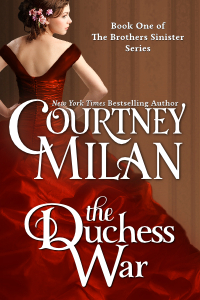Kerrigan Byrne
2015
The Summary
"Dorian Blackwell, the Blackheart of Ben More, is a ruthless villain. Scarred and hard-hearted, Dorian is one of Victorian London's wealthiest, most influential men who will stop at nothing to wreak vengeance on those who've wronged him...and will fight to the death to seize what he wants. The lovely, still innocent widow Farah Leigh Mackenzie is no exception--and soon Dorian whisks the beautiful lass away to his sanctuary in the wild Highlands...
"But Farah is no one's puppet. She possesses a powerful secret, one that threatens her very life. When being held captive by Dorian proves to be the only way to keep Farah safe from those who would see her dead, Dorian makes Farah a scandalous proposition: marry him for protection in exchange for using her secret to help him exact revenge on his enemies. But what the Blackheart of Ben More never could have imagined is that Farah has terms of her own, igniting a tempestuous desire that consumes them both. Could it be that the woman he captured is the only one who can touch the black heart he'd long thought dead?"
The Good
I can only think of one word for this book: scandalous.
It's interesting, but it's very scandalous and, for the most part, I enjoyed the scandal. It's a dark, thrilling ride through the seamy underbelly of London, and I rather liked it. However, I'll be honest, I think I was mostly hooked on finding out the identity of Dorian. He's not quite who he says he is, and I wanted to find out if my suspicions were correct.
The Bad
While I mostly enjoyed The Highwayman, I was really bothered by Dorian and Farah's relationship (if it can even be called that). Here's the thing: he's a violent, damaged man--and he lives in fear of hurting those about whom he cares, Farah being first and foremost on his list. Farah is his fairy, and he'd do anything to protect. And yet he compels her to marry him?
Don't get me wrong, I can see how he can offer her protection that no other man can. He has wealth and power, not just physical strength (although he apparently has that in abundance, as well), and he has an intimate knowledge of human misdeeds. He knows how the darker side of human nature operates and he knows exactly what to do to stop anyone who would try to do harm to Farah.
However, I don't think forcing her into an unwanted marriage is how to best do that.
Let's just be honest, it doesn't make sense. Their whole relationship doesn't make sense; in particular, his logic doesn't make sense. Then again, for a guy who spent years in some of the most brutal prisons in England, I suppose he's not that bad.
The Ugly
This book is so explicit--and I'm not just talking about the more intimate moments between Dorian and Farah. Dorian endures a lot of bad things, traumatic things that have shaped him and changed him, not necessarily for the better. It really hurts to think about all the terrible wounds inflicted on him, especially when he goes into some detail about it.
The Highwayman is not a book for the faint of heart.
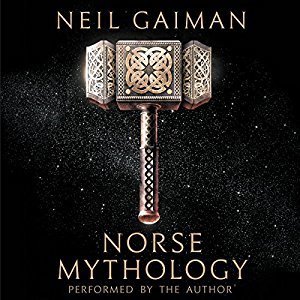

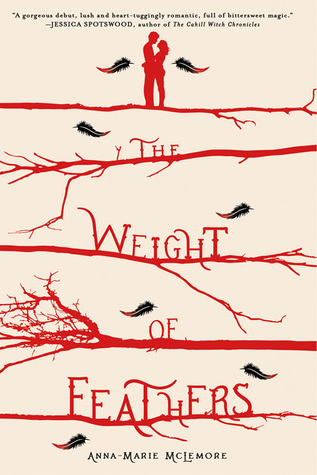

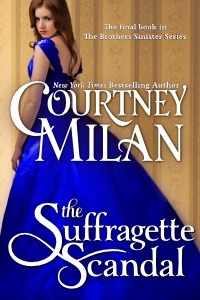
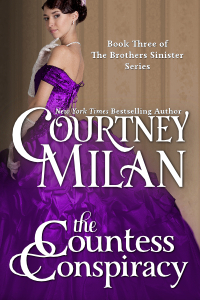
![The Heiress Effect (The Brothers Sinister Book 2) by [Milan, Courtney]](https://images-na.ssl-images-amazon.com/images/I/51d-CqmyJ2L.jpg)

